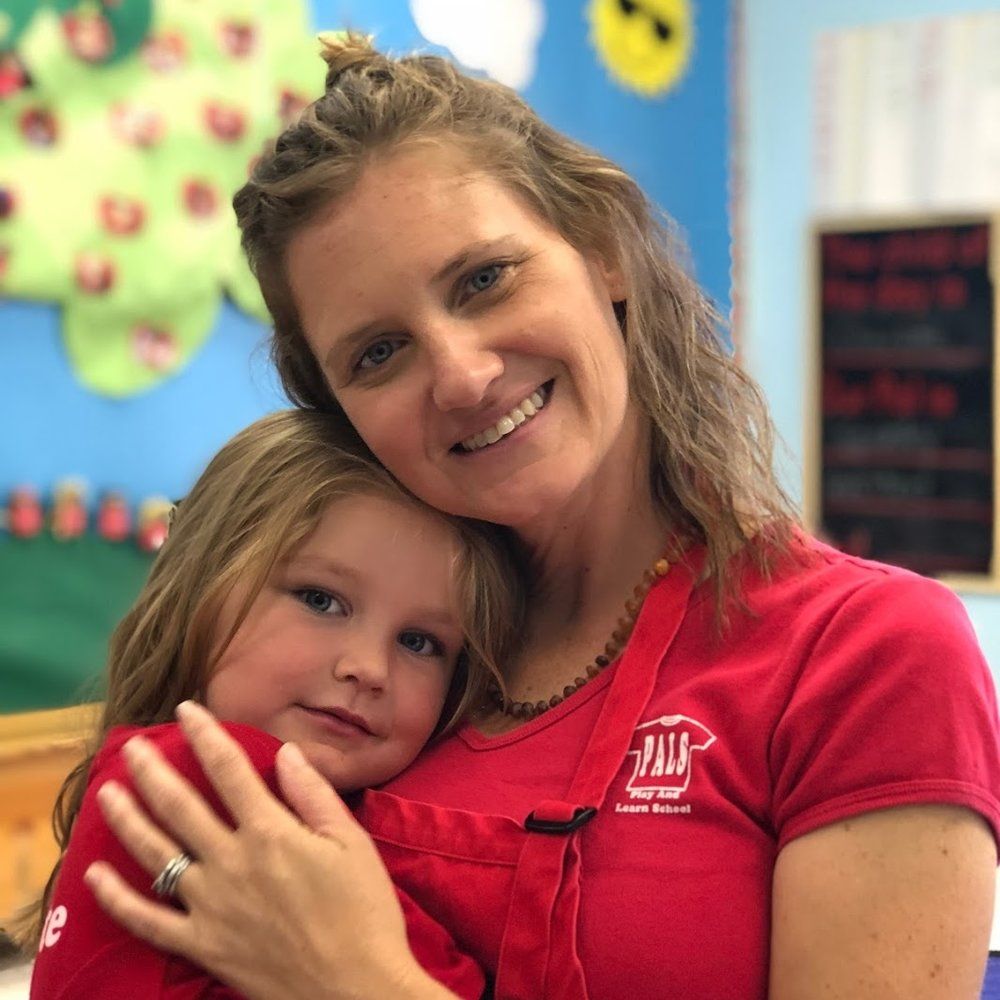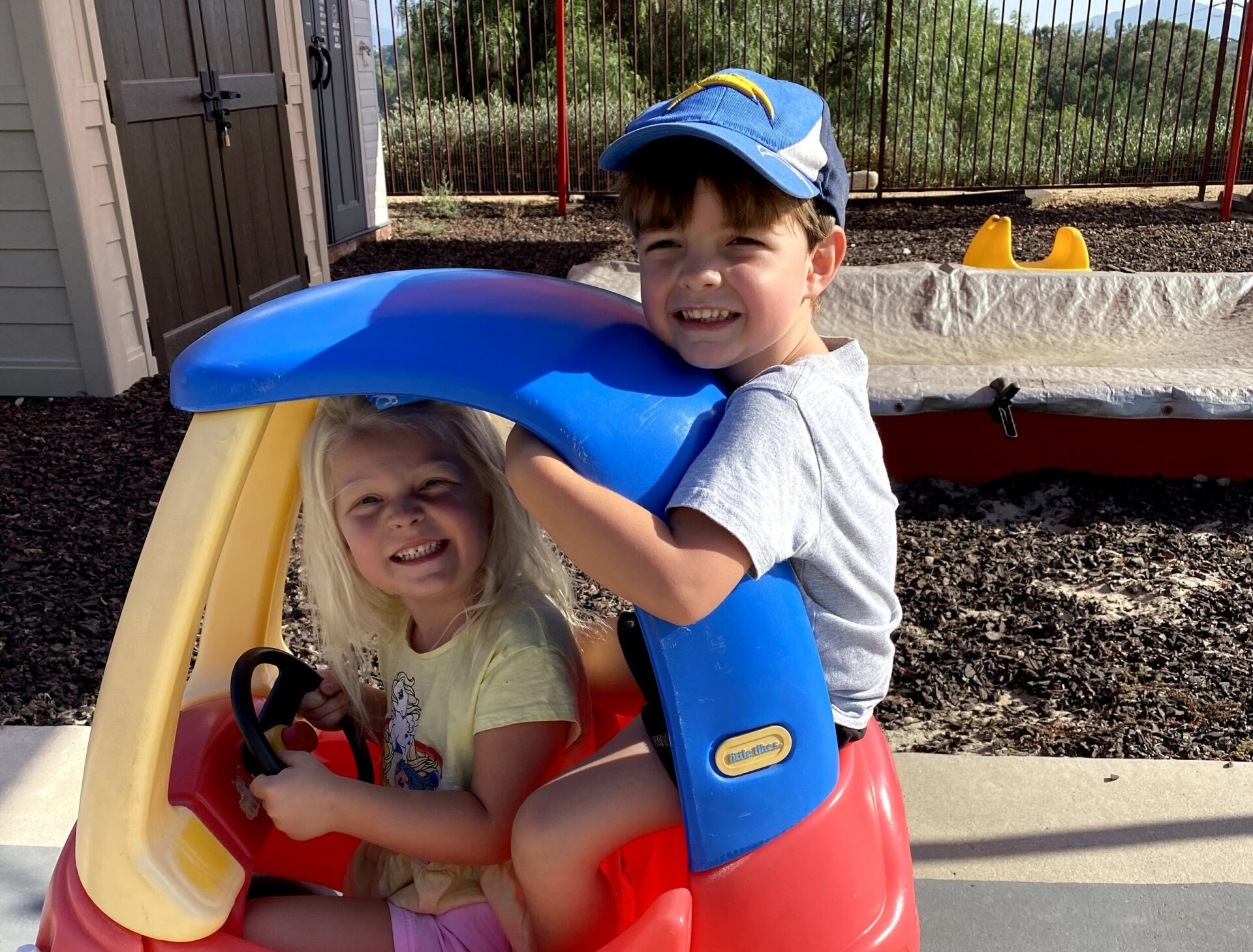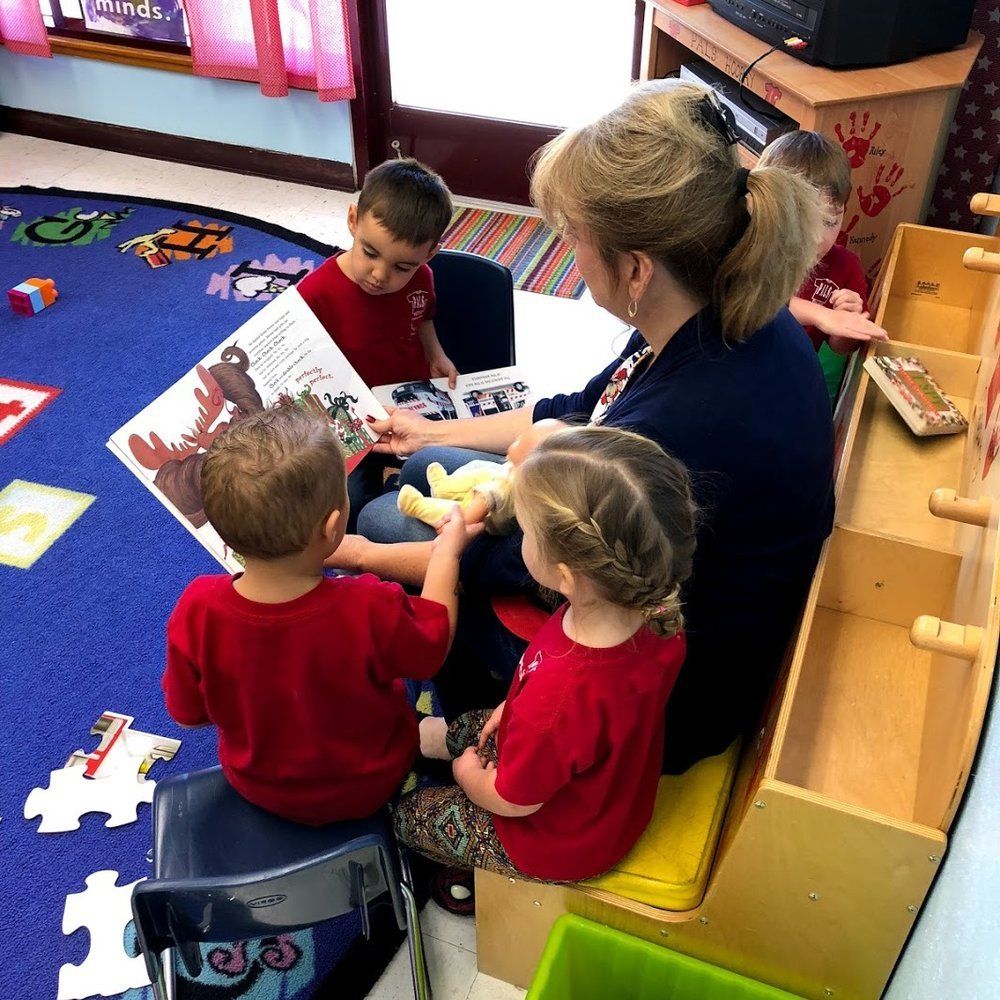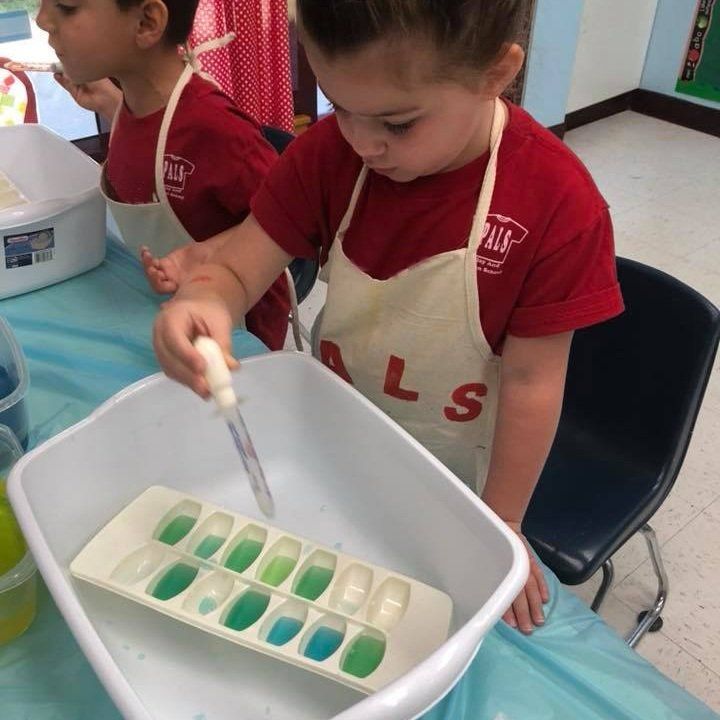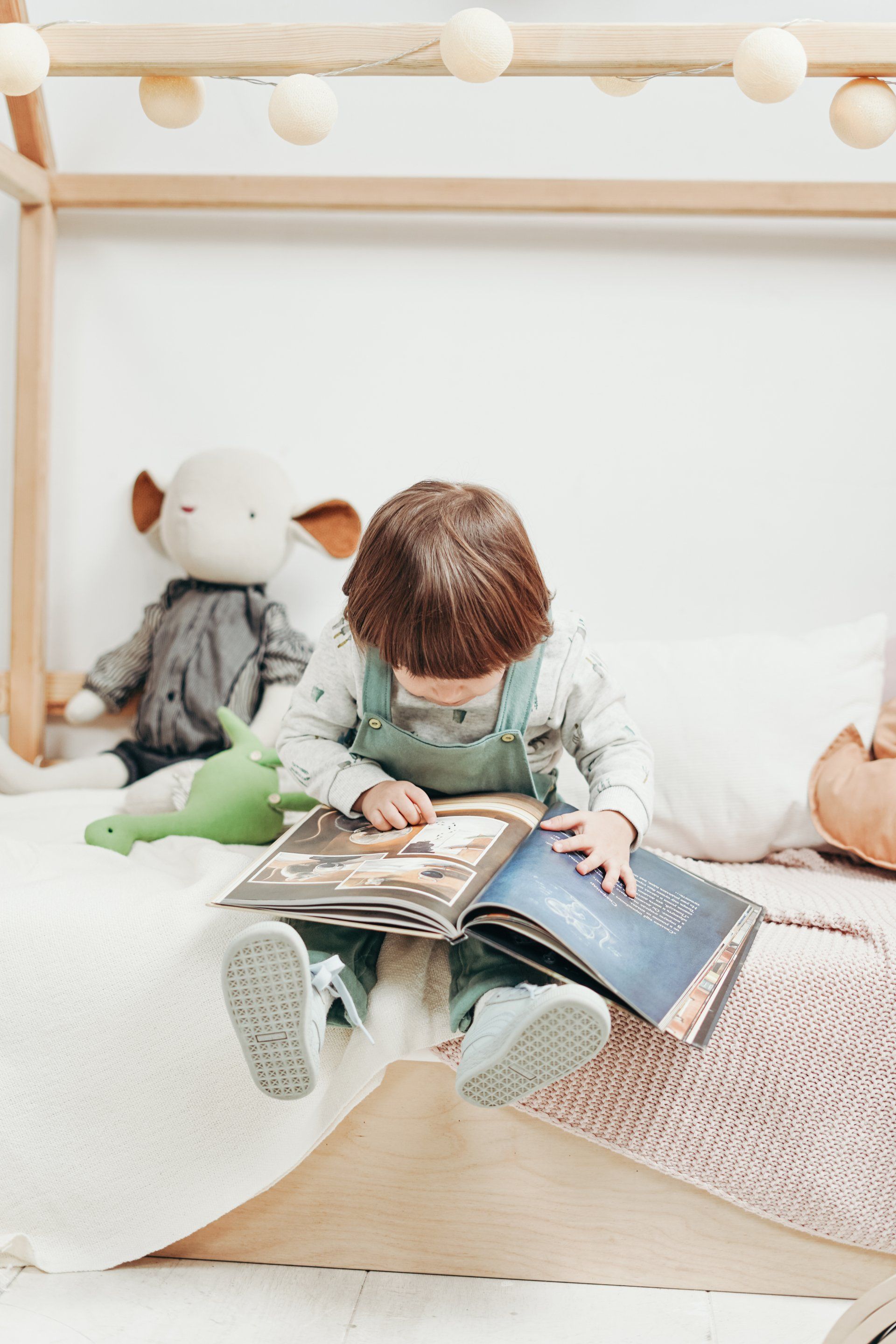January 2, 2024
When you step into our cooperative preschool, you might notice something distinctly heartwarming – a community humming with the collaborative spirit of families. Here, every storytime, every block tower, and every art project is a partnership. This isn’t just a preschool; it’s a shared experience, where parent participation isn’t just welcomed, it's the very heart of our educational approach. But why is this deep level of involvement so crucial in the preschool years? A Tapestry of Talents Parent participation brings a rich tapestry of talents and experiences into the classroom. Each family has unique cultural backgrounds, professional skills, and personal interests, which when shared, enrich the learning environment immeasurably. When a parent leads a hands-on science experiment or shares a story from their culture during circle time, they're opening young minds to the diverse world around them. The Power of Modeling Children learn not just from what they are told, but from what they see and experience. When they witness their parents actively engaged in their education, they receive a powerful message about the value of learning. Parents serve as role models, showing their children that education is a lifelong journey. This modeling lays the foundation for a positive attitude towards learning that can last a lifetime. Strengthening Bonds The cooperative preschool environment extends the notion of family to include the entire school community. Parents working alongside teachers and interacting with other children creates a close-knit community where every child feels seen and supported. This social support system nurtures children's emotional development, helping them feel secure and confident as they explore and learn. Communication and Collaboration Active parent participation fosters open communication and collaboration between families and educators. Parents gain insight into the preschool's methods and curriculum, allowing for a consistent educational approach between home and school. This seamless connection helps reinforce learning, as children thrive on repetition and the comfort of routine. Tailored Education No one understands a child quite like their family. Parent involvement means educators have better insight into each child's unique needs and can tailor their teaching accordingly. This two-way dialogue ensures that the preschool can support each child's individual learning style, interests, and developmental pace. Building a Village It takes a village to raise a child, and in a cooperative preschool, that adage comes to life. Through fundraising events, classroom assistance, or simply sharing a skill, parents contribute to creating a vibrant and resourceful educational village. This collective effort not only supports the school but also fosters a sense of belonging and community responsibility in young children. Empowerment and Ownership Parents who participate in their child's preschool are empowered and have a sense of ownership in the educational process. They're not passive observers; they're active contributors to the shaping of the preschool experience. This empowerment leads to a more fulfilling experience for the family as a whole and drives the success of the preschool program. Conclusion At PALS, parent participation is not just a nice-to-have; it's essential to our philosophy and to the enriched educational experience we provide. This involvement is a gift of time, love, and expertise that supports not only the children but the entire community. It's a powerful affirmation that when it comes to raising and educating our children, we're all in this together, beating with one heart, right here at the center of our school.




